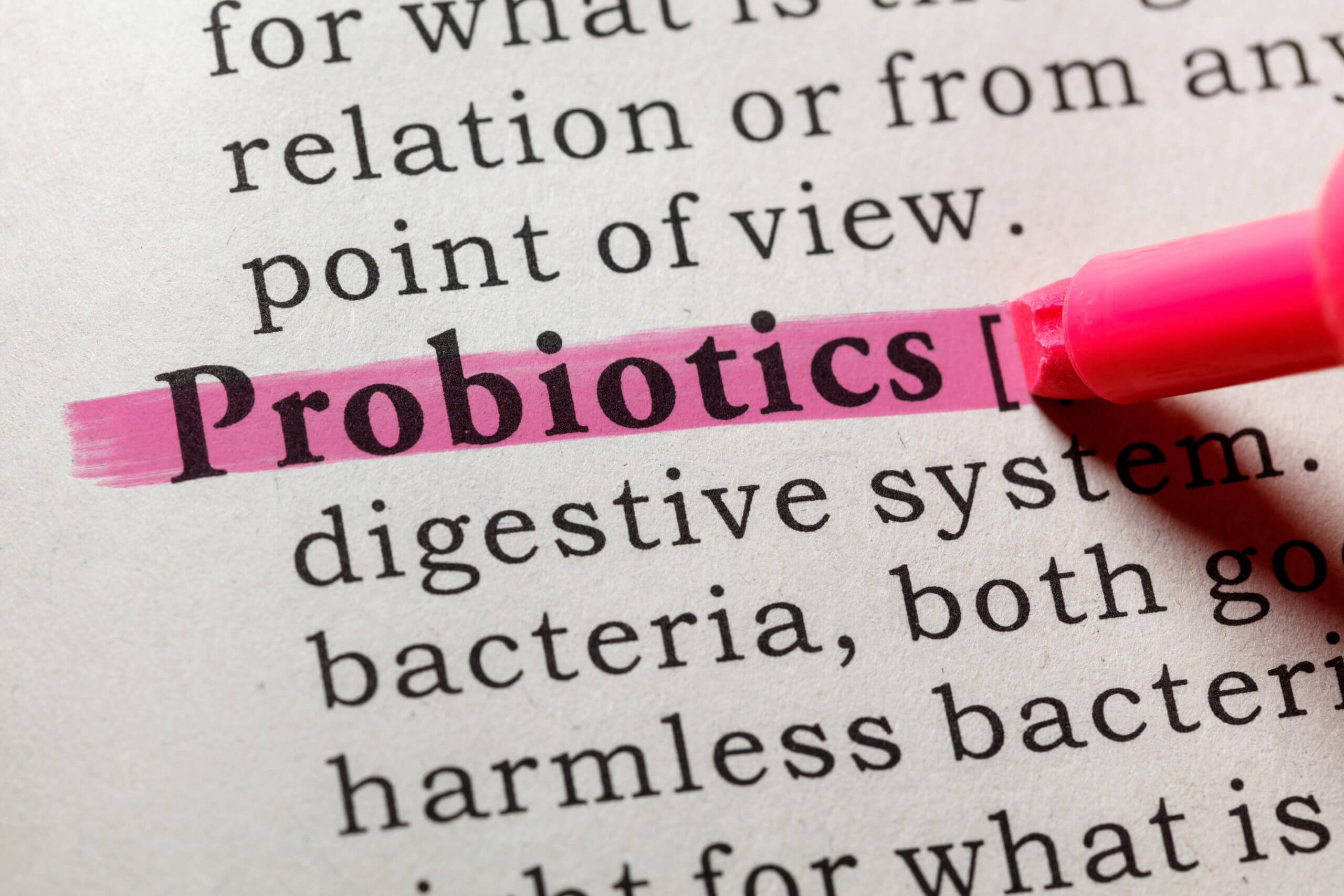The development of antibiotics in the mid-20th century changed the world and its history. There are, however, drawbacks to their use. Most, if not all, antibiotics don’t kill only the microbes causing an infection. They also kill some of the harmless microbes in the gut which are essential to health. The disruption to the healthy balance and types of microbes in the gut can persist for up to two years after antibiotic treatment is discontinued.
Now, scientists say taking probiotics while prescribed antibiotics could help ease the toll that the powerful medications can take on the gut.
Dr. Elisa Marroquin, an assistant professor at Texas Christian University, explains some of the problematic fallout of antibiotic use. “Like in a human community, we need people that have different professions because we don’t all know how to do every single job. And so the same happens with bacteria. We need lots of different gut bacteria that know how to do different things,” she explains in a media release.
“Even though we haven’t come up with a single definition of what is a healthy gut microbiome, one of the constant things we observe in healthy people is that they have a higher level of diversity and more variety of bacteria in the gut,” she adds.
Previous research has shown that taking probiotics at the same time an antibiotic is taken can reduce gastrointestinal side effects from antibiotics. It has not been clear, however, if the use of probiotics with antibiotics further disrupts the vulnerable composition of microbes in the human gastrointestinal tract.
Researchers from the School of Medical and Health Sciences at Tecnológico de Monterrey, the University of Texas, and Texas Christian University just published a new analysis of 29 studies on the effects of taking probiotics with antibiotics on the gut microbiome.
The data demonstrates that taking probiotics and antibiotics simultaneously can prevent or reduce some antibiotic-induced changes to the gut microbiome composition caused by antibiotic use. Probiotics can also help protect species’ diversity and restore the populations of some friendly bacteria.
“When participants take antibiotics, we see several consistent changes in some bacterial species,” says Marroquin. “But when treatment was combined with probiotics, the majority of those changes were less pronounced, and some changes were completely prevented.
“Considering the human data available up to this point, there does not seem to be a reason to withhold a prescription of probiotics when antibiotics are prescribed,” she concludes.
The review is published in the Journal of Medical Microbiology.
